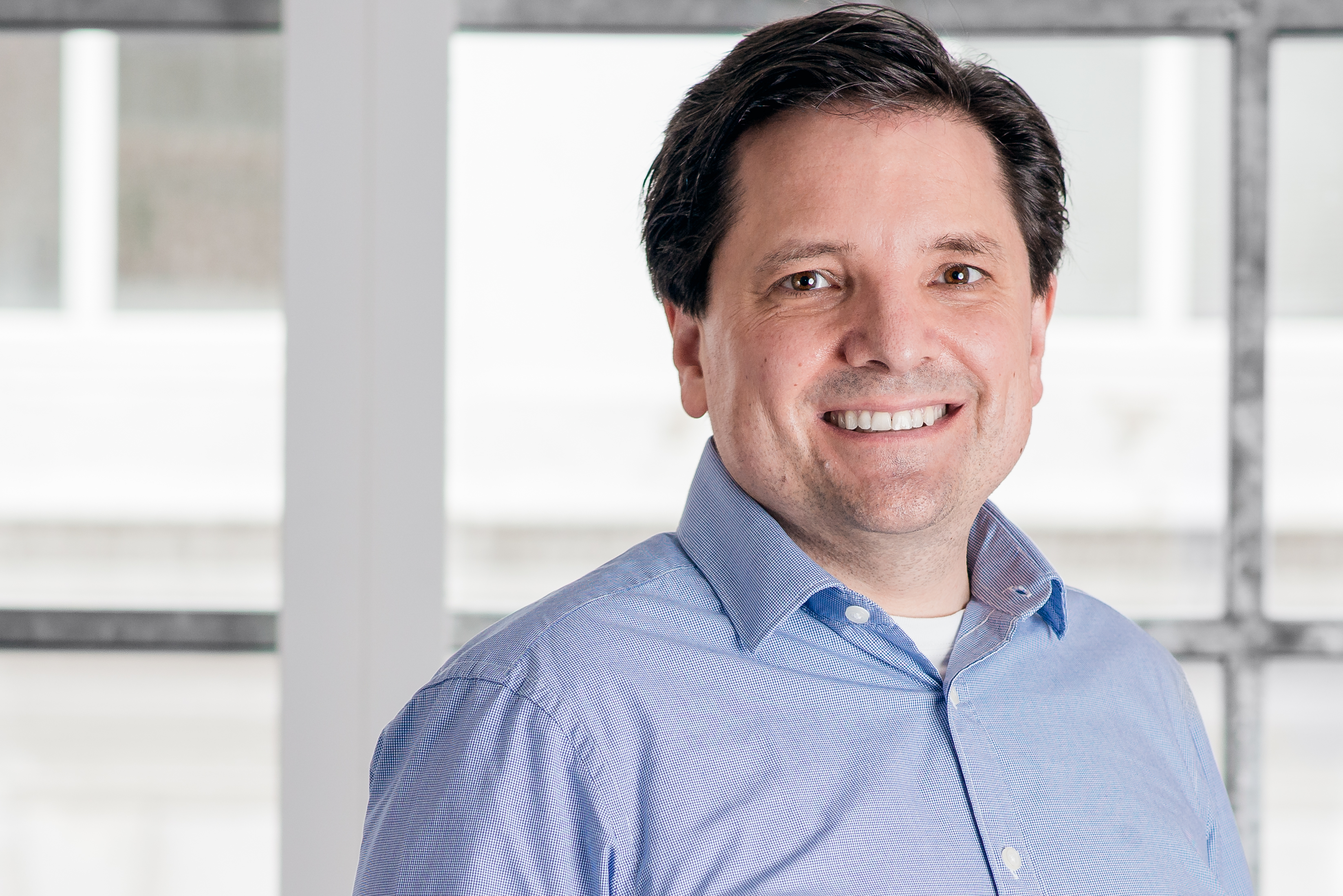Tide - a journey to net zero

Mark Beith
Partner, Apax

Oliver Prill
CEO, Tide
The Apax Digital Fund invested in Tide, the UK’s leading business financial platform, in July 2021. With nearly 400,000 members and a proposition ranging from business banking to payments and accounting software, Tide serves over 7% of UK businesses.
Like many of the Apax Funds’ portfolio companies, Tide is an ‘asset light’ company and its most material environmental indicators are energy usage and travel. We are thrilled to have early movers like Tide in the Funds’ portfolio, focusing not just on their own climate strategy but also on providing training and support to their members who might find the idea of committing to carbon reduction targets daunting.
In the UK, where small businesses are a key pillar of the economy, we need companies like Tide that can lead by example and encourage more companies to set ambitious targets for carbon reduction.
Mark Beith, a Partner at Apax Digital and a Director of Tide’s Board, spoke to Oliver Prill, Tide’s CEO, about the Company’s approach to carbon reduction, the decision to make it a Board priority and how it ties in with Tide’s already ambitious ESG programme.
Why have you made decarbonising a Board priority?
Oliver: We all need to do our bit to combat climate change and it’s particularly important for growing businesses to understand and address their impact on the environment.
Primarily, Tide believes that setting a Net Zero target and taking significant actions to reduce our carbon footprint is just the right thing to do.
Secondly, Tide is a big supporter of the small business community and can play a role in helping small businesses decarbonise. Before doing this, we must ensure we are taking decarbonisation seriously ourselves.
And thirdly, addressing our carbon footprint is something that current and future employees expect, it’s something that helps us to have engaged employees and something we can work towards as a team. It is also something our members are interested in and expect their banking provider to be addressing.
How are you approaching decarbonisation of your operations and what targets have you set for Tide? What year will you be Net Zero and how will you get there?
Oliver: Tide has set a target of being Net Zero by the end of 2022. We will achieve this by reducing our carbon footprint, on a per employee basis, and by removing the carbon we are emitting via high quality removal offsets.
Is carbon offsetting an important component of your decarbonisation strategy?
Oliver: Yes - for the vast majority of businesses it is impossible to be Net Zero without incorporating offsetting into the strategy.
Tide will purchase high quality offsets that will remove the carbon emitted by the business from the atmosphere. We also believe that by investing in tried and tested offsets, like trees, as well as some newer technologies, we will help to advance this sector, making carbon removal more accessible in the years to come.
Which external guidelines have been helpful to you in setting your decarbonisation strategy?
Oliver: Tide has worked with climate consultancy, Supercritical, to measure Tide’s carbon footprint and set our Net Zero strategy.
We have followed guidelines from the Science Based Targets Initiative and The Oxford Offsetting Principles.
How will you be measuring and reporting on your progress?
Oliver: We will be measuring our carbon footprint on a monthly basis and reporting to the Board each month. Measurement will take place with the support of carbon footprinting specialists and will be audited by an external party.
In addition, we will publish our carbon footprint, commitment to Net Zero and our progress on reduction on our website for full transparency.
How do these efforts and your climate strategy fit with the Company’s wider ESG programme?
Oliver: Tide’s climate strategy, with an ambitious Net Zero target, is the final piece in our comprehensive ESG programme.
In terms of our social impact, we have made commitments to supporting women in business, as well as encouraging greater diversity amongst entrepreneurs. We also have a Tide charity, which raised over £150,000 to help businesses severely impacted by the COVID-19 crisis.
In addition, Tide has had strong governance in place for a number of years, including an independent chair, strong whistleblowing and anti-bribery policies, as well as separation between our first and second lines of defence.
We believe our ESG programme is industry-leading and we are extremely proud to have invested in this to ensure we are acting as the best corporate citizen we can.
Beyond your own ambition, how will you support members in reducing their carbon footprints?
Oliver: Supporting our members is a key aspect of our Net Zero initiative. Tide will support members in the following ways:
- Bring experts to our small business community, delivering masterclasses to help business owners understand their impact on the environment and what they can do to reduce their carbon footprints
- Conduct a study to understand the key contributors to small business’s carbon footprints - share insights and advice on how to move towards Net Zero in a way that’s economically effective
- Partner with service providers, such as a green energy provider, to offer discounted services to Tide members
This will be a long-term, ongoing, programme and will evolve as the needs of our members do. We will also look to provide relevant support in Tide’s international markets.
Company

Investment year
2021
Deal status
Current


